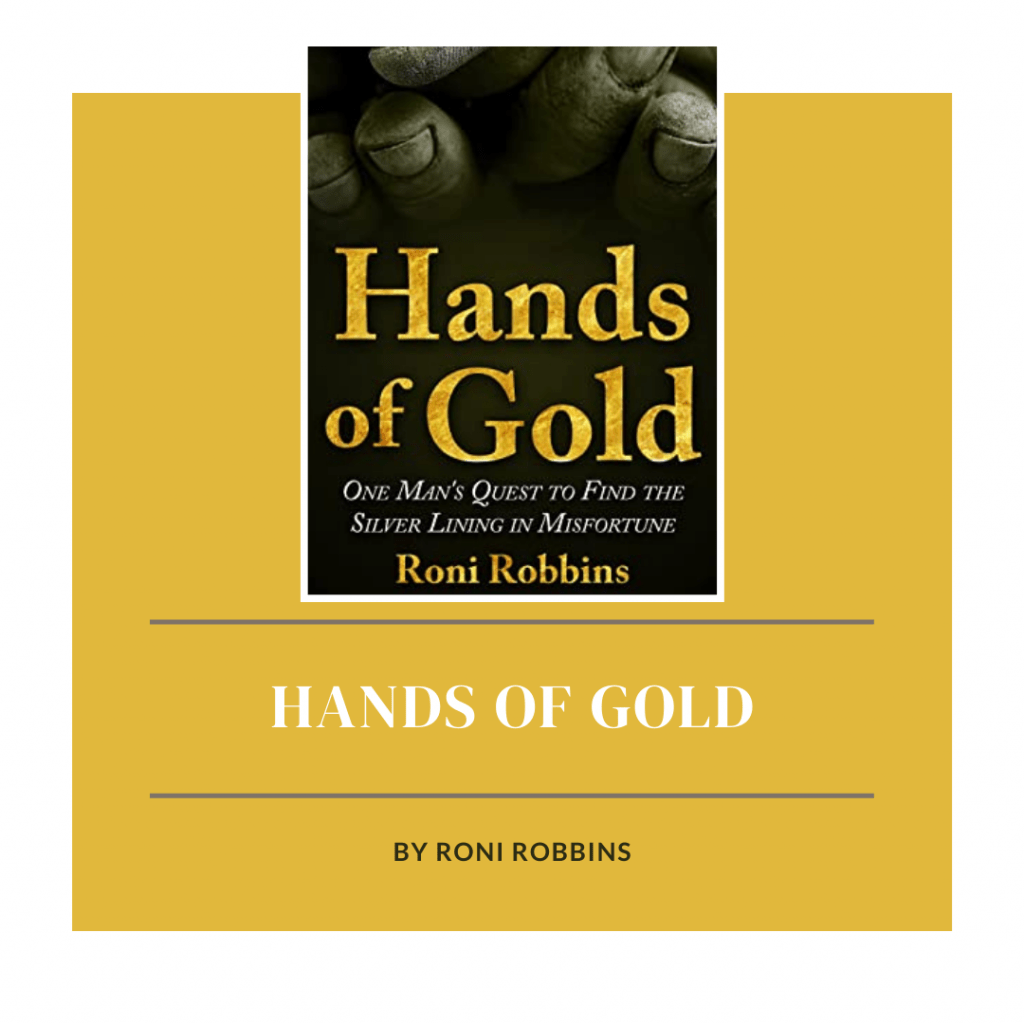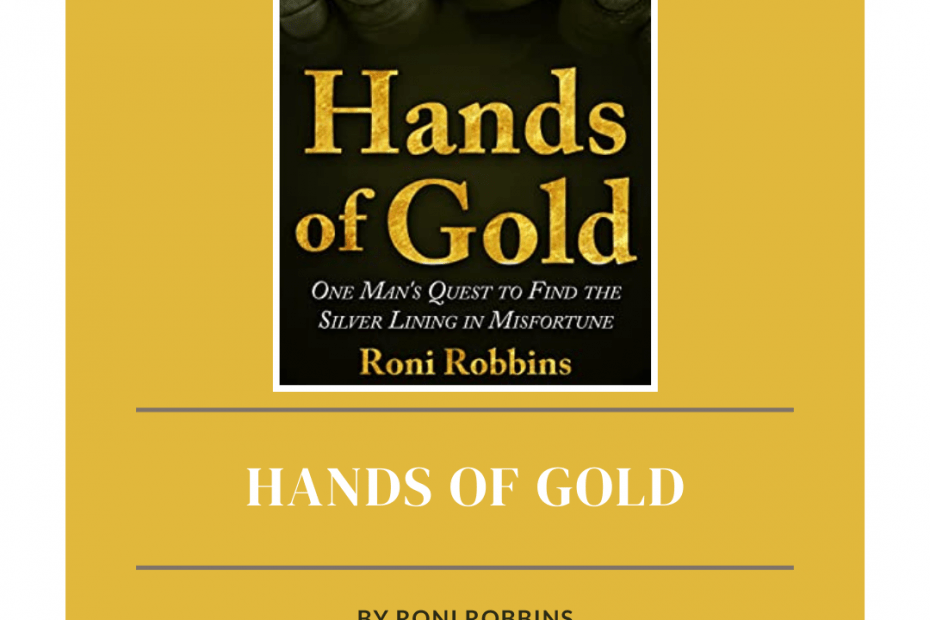
5/5
As a book reviewer, I am afforded the opportunity to read a wide variety of books. I have worked with major and independent publishers, read the hottest books months before they hit the bestsellers charts, and built relationships with some of my favorite authors. However, some of my most rewarding experiences have been discovering what I might call “the hidden gems.” These books are often not the ones my fellow reviewers have on their radar, or the ones that big publishers are putting their marketing dollars behind. They are the stories that shine all on their own. Hands of Gold stole my heart right from the start when, in 1991, Sam’s daughter gives him a tape recorder to keep him busy at the nursing home while he awaits his wife’s return from the hospital after a broken hip.
“Now where to begin with this taping for Eliza? I was a decent man, I suppose. Had a few adventures more than my share of challenges. Loved and was loved. Worked hard for my family. Could have even been considered a hero for a short spell. That and a nickel might have bought some day-old bread at one time. But there was more. Certain details from our early lives that Hannah and I, together, finally unleashed from our guilt-ridden vaults and agreed, just days earlier at the hospital, that I should share with the children.”
Sam begins his story in 1905 in the village of Jacovo, Hungary, explaining that “Jacovo was actually part of Slovakia when my older siblings were born there, Hungary when I came along, and Czechoslovakia in my teens. It’s in the Ukraine now. But I digress.” He shares stories of his early childhood with 12 brothers and sisters at home, his schools closing with many teachers sent off to the army, learning to farm from his father, and traveling to a nearby village where there was a Yiddish theater. As Sam grows and his struggles increase, his storytelling style doesn’t lament the terrible or brag about the wonderful. He delivers his tale in such a way as to intoxicate and fully submerge the reader into his daily life and experiences.
A majority of the book spans the 20th century, but the topics are still extremely relevant today–consider books about the Holocaust being banned, the rise of anti-Semitic hate crimes, and Russian troops being stationed at Ukraine’s borders. Author Roni Robbins has produced a masterpiece of fiction based loosely on the lives of her immigrant ancestors. Her characters are strong yet tender, broken but resilient. Hands of Gold should not only be at the top of any Jewish-American novel lists but also be added to any current event and outstanding debut collections.
